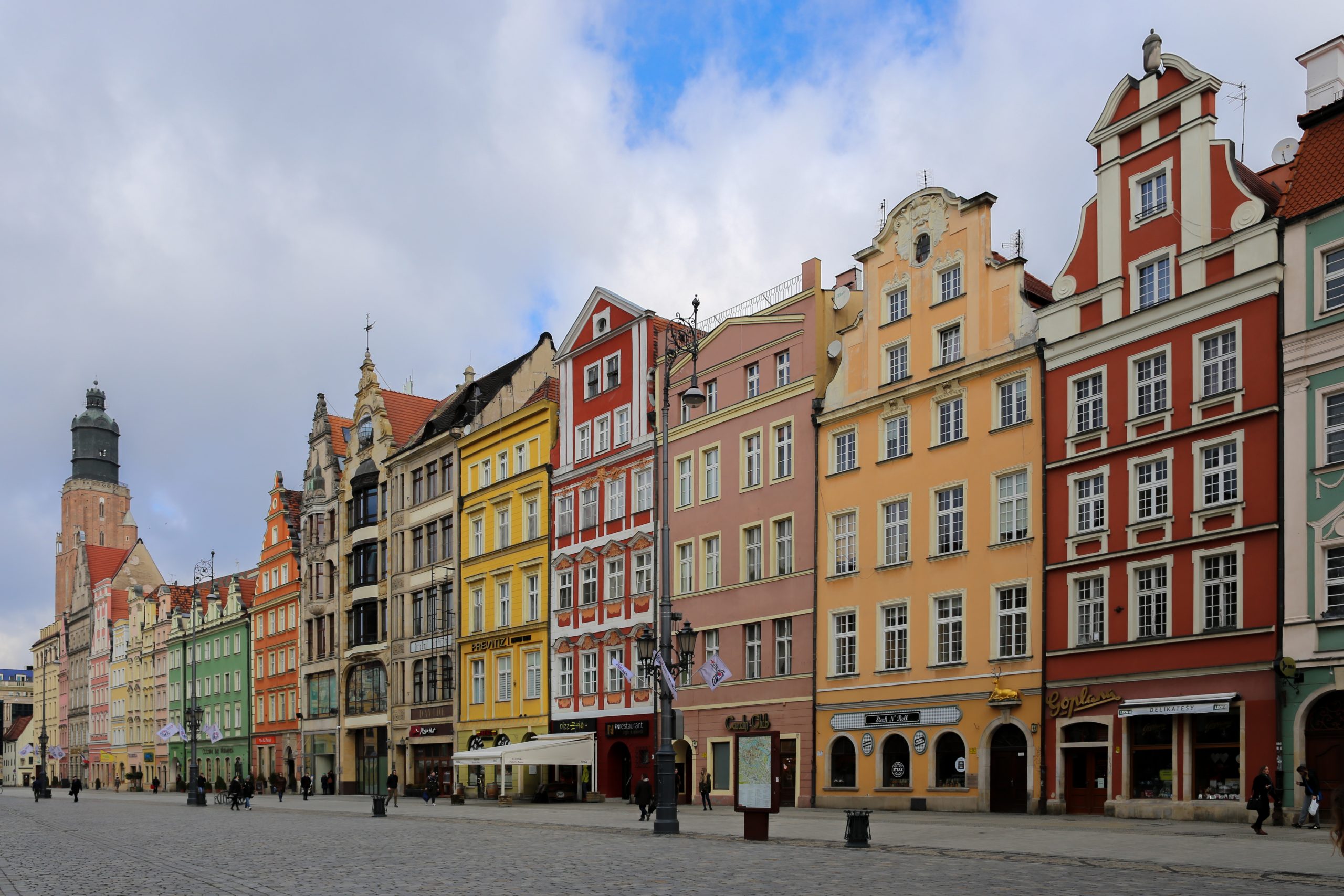There’s something quietly meaningful about choosing where you spend your time and money, and sometimes the simple act of travel becomes a form of solidarity. Poland feels like one of those places right now—a country that has been both a frontline neighbor and a lifeline for millions of Ukrainians since the war began. And while tourism rarely feels like a geopolitical tool, in Poland it has this unexpected ripple effect where your hotel nights, meals, tickets, and train rides indirectly strengthen the ability of the region to support Ukraine—economically, socially, and sometimes emotionally.

Wandering through Warsaw, Kraków, Gdańsk or Wrocław, the reminders of war aren’t loud or theatrical. They appear in subtle, human details—the bilingual signage quietly accommodating Ukrainian refugees, small donation jars near espresso machines, a pianist in a café performing a Chopin nocturne followed by a Ukrainska dumka, as if the two now belong together musically. You’ll meet Ukrainians working in hotels, driving taxis, staffing restaurants, designing software in coworking hubs, or selling handmade goods in weekend markets. Some fled cities under bombardment; others relocated simply because being close to home matters more than being far from danger.
Your spending doesn’t land in a vacuum. Much of Poland’s economic resilience right now exists because its tourism, tech, logistics, and hospitality sectors are stable. That stability allows nonprofits, local governments, and businesses to continue absorbing, employing, and assisting Ukrainians. And yes—this extends all the way to border towns where humanitarian organizations still operate daily and where hotels, grocery stores, and gas stations exist largely because there is movement: volunteers, families, NGOs, diplomats, and ordinary guests who decided a trip here wasn’t just a leisure choice.
It’s strange, but the more you travel around Poland, the clearer it becomes that tourism isn’t just postcards and pierogi. It’s infrastructure. It keeps restaurants open, museums funded, bus schedules running, and—maybe most importantly—keeps the mindset of openness alive. Poland could have chosen fatigue or indifference after so many months of war next door. It didn’t.
If you go, you might not see yourself as a supporter of anything beyond a good winter market, a beautiful Gothic town square dusted in snow, or a late-night platter of kielbasa and pickles. But you’re quietly reinforcing a society that chose compassion over distance, and that matters more than most people realize.
A holiday doesn’t solve a war. It doesn’t end suffering. But sometimes choosing where you go—and who benefits from your presence—is a meaningful act on its own. And in this moment, Poland is one of those places where travel intersects gently, almost humbly, with solidarity.
Leave a Reply